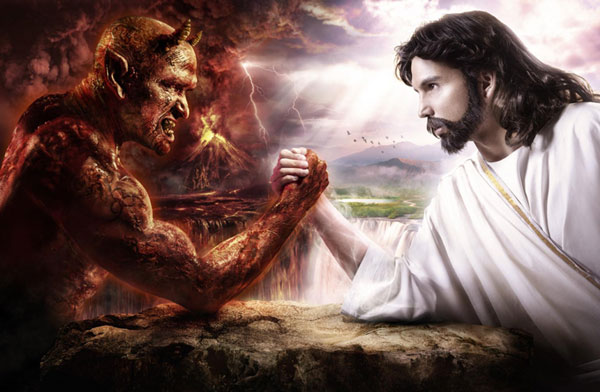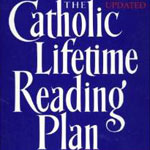Pope Francis’ pastoral visit to Korea highlights a local church which makes for fascinating study.
The Church in South Korea has expanded at a phenomenal rate in recent decades. Many reports note the growth of the Church in Korea despite the very low number of foreign-born missionaries.
But maybe the Korean Church grows because of the foreigners’ low numbers. More specifically, maybe success lies in the failure of the West to export to Korea the laxism and mediocrity which typifies “the Spirit of Vatican II.”
Consider first the opinion of Fr Piero Gheddo, an expert in Japanese and Korean sociology, and dean of the Pontifical Institute for Foreign Missions in Milan:
In Korea Christianity exercises a powerful force of attraction, compared to Confucianism and Buddhism, for at least five reasons.
1. It introduces the idea of the equality of all human beings created by God himself. In Confucian society woman was almost the slave of her husband, girls did not go to school, and woman was inferior to man.
2. Catholics and Protestants distinguished themselves by their active participation in the popular movement against the long military dictatorship between 1961 and 1987. Confucianism and Buddhism, however, promote obedience to the constituted authority.
3. Christianity is a religion of the Book and of a personal God, while shamanism, Buddhism, and Confucianism are not even religions, but systems of human wisdom and life.
4. Catholics and Protestants have built and maintain a large number of schools at all levels, including numerous universities that have asserted themselves as the best in the country.
5. Finally, South Korea has become a developed and even wealthy country in which the ancient religions do not have an answer for the problems of modern life. Christianity, and especially Catholicism, presents itself as the most adequate religion for our time and the most active in assisting the poor.
Fr Gheddo is full of praise. Since 1960, the number of Catholics in Korea has grown from about 100,000 (0.5 per cent) to 5.3 million (over 10 per cent). But others aren’t quite as positive. From the National ‘Catholic’ Reporter:
When Pope Francis arrives here Thursday, he will encounter a vibrant but divided Korean church. It is a church that has grown substantially in numbers in recent decades, but one with significant internal divisions.
“There are actually two churches here,” said Columban Fr Pat Cunningham, “the church of the bishops and the church of the progressive minority.”
The division between Korean bishops and Catholic activists has grown as more conservative bishops have been appointed during the past three decades and Catholic activists have become more vocal.
I have to credit Fr Cunningham for referring to a progressive minority. He paints the scene with an honesty which isn’t typical. Progressives are often depicted as the overwhelming majority. Vox populi, sensum fidelium, and all that.
In America, Europe, Australia, we hear that the Church will grow again, when and only when the Church lets go of traditional moral teaching and doctrine. The progressives’ case has always required historical revisionism, wherein Traditionalists have controlled the agenda, and the episcopacy, since 1968. (Certainly not my experience of the Church in Australia!)
In Korea, the Church is fruitful, so progressives are unable to depict Catholic Tradition as sterile, and present modernism as a panacea. But the same old criticisms are heard: “lost opportunities,” and “clerical structures,” and “conservative bishops.” The critical spirit blows hard.
To what end? Ideology, I think. It confirms my suspicion that the progressive cause which was unleashed after Vatican II is mired in political outlooks and earthly horizons. The cause is not a means to attracting souls; it’s an end in itself. Supernatural outlook is lacking and human interests dominate — not that the forces unleashed are entirely human. The critical spirit has Satan written all over it.






Recent Comments